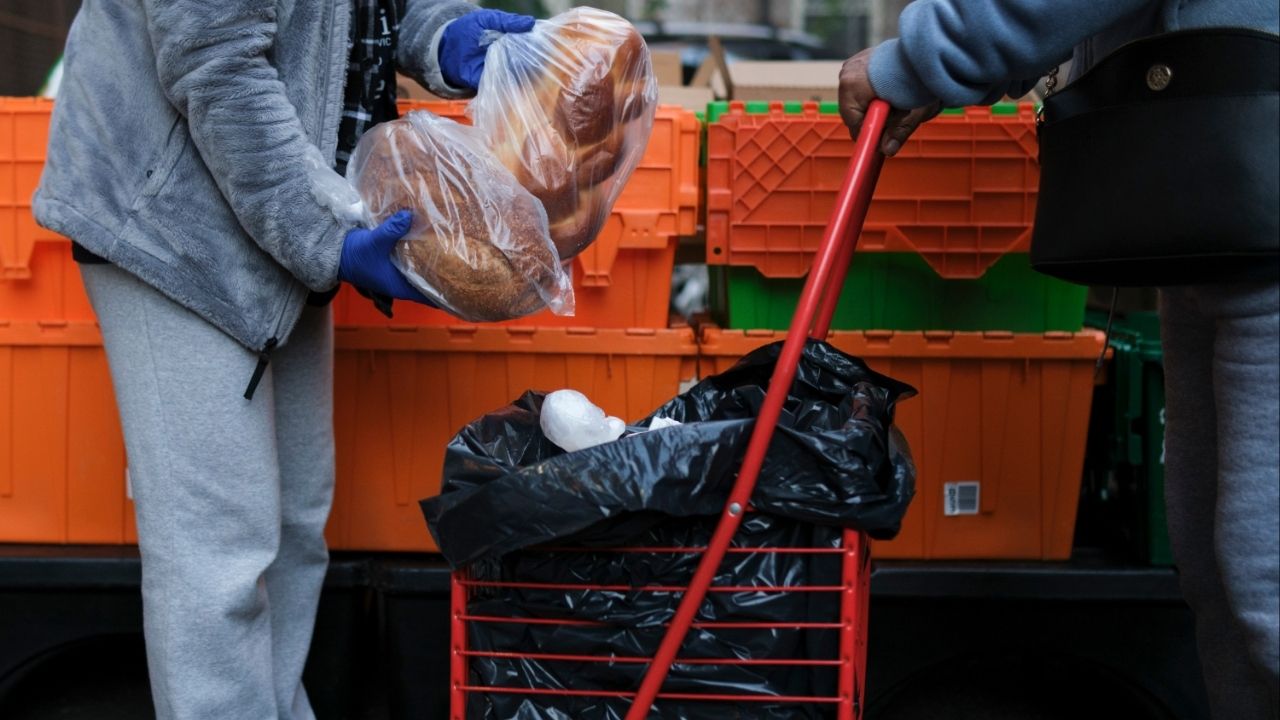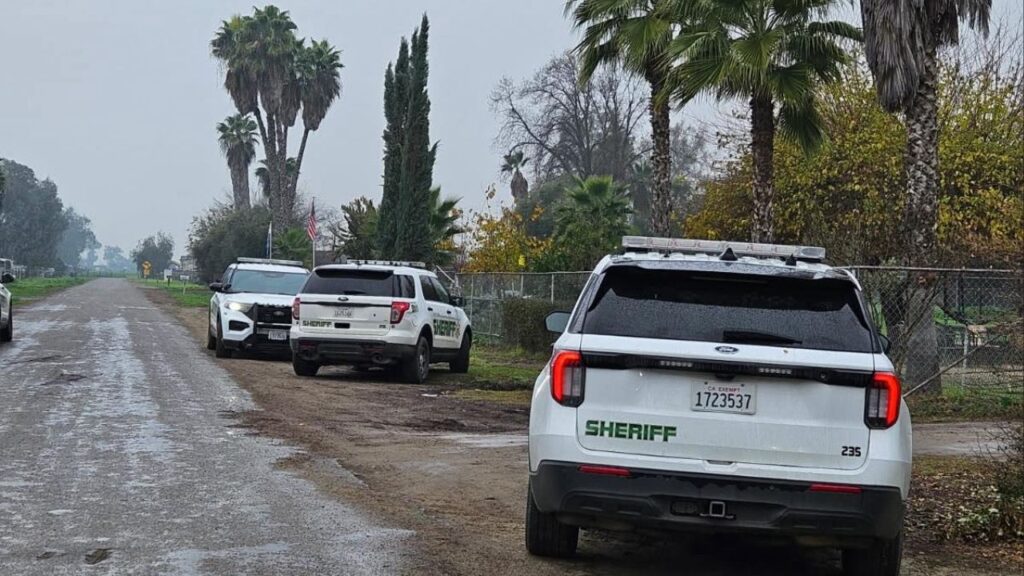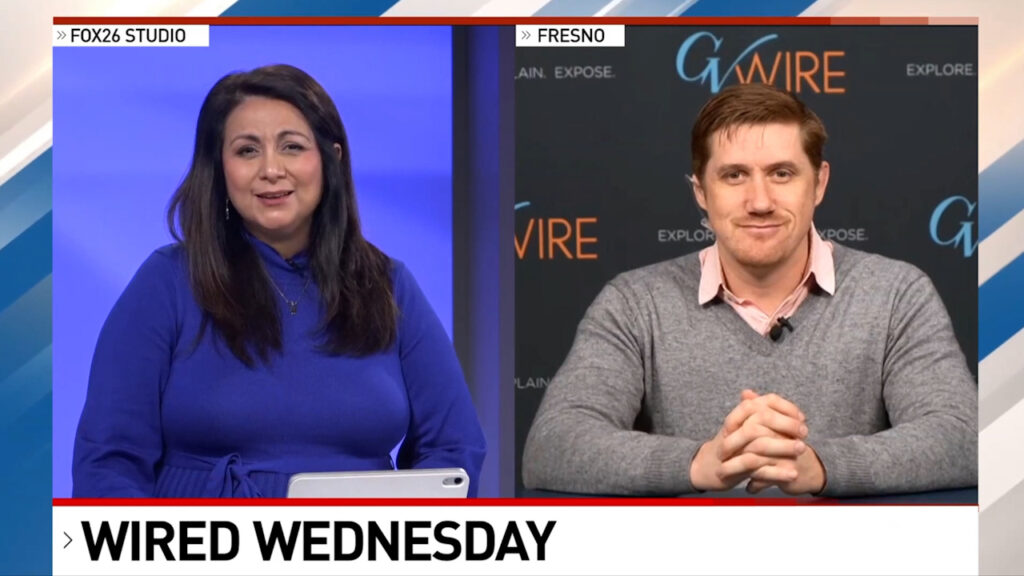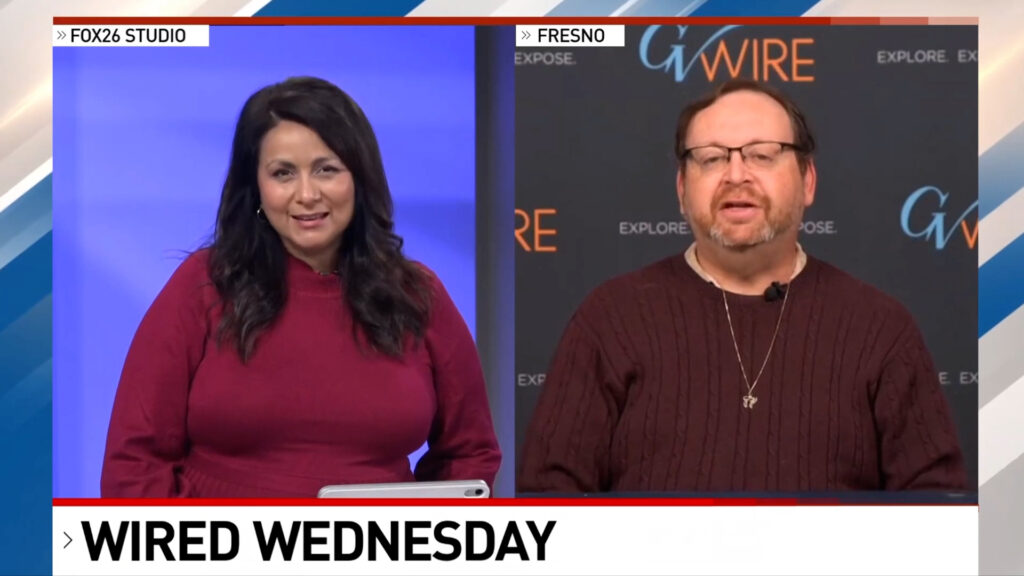Volunteers distribute groceries at the Church of the Good Shepherd food pantry in Manhattan, Nov. 1, 2025. The Trump administration told states that they must “immediately undo” any actions to provide full food stamp benefits to low-income families, in a move that added to the chaos and uncertainty surrounding the nation’s largest anti-hunger program during the government shutdown. (Marco Postigo Storel/The New York Times)

- A federal appeals court rejected the Trump administration’s latest bid to block full funding for food stamps amid the shutdown.
- The ruling protects SNAP benefits for roughly 42 million Americans and criticized the administration’s “callous” handling of the anti-hunger program.
- The decision brings temporary relief as Congress edges toward a deal to reopen the government and restore full federal funding.
Share
|
Getting your Trinity Audio player ready...
|
WASHINGTON — A federal appeals court late Sunday denied another attempt by the Trump administration to withhold full federal funding for food stamps, the latest twist in the saga over the fate of the nation’s largest anti-hunger program.
The decision came as Congress inched closer to reopening the government, offering a glimmer of hope for millions of low-income Americans whose aid has been cut or delayed under the Supplemental Nutrition Assistance Program, or SNAP.
The ruling, handed down by the 1st U.S. Circuit Court of Appeals, preserved another judge’s recent order that had required the Trump administration to provide full aid for the roughly 42 million people who depend on federal benefits to purchase groceries.
Ultimately, the court’s decision may not take effect until late Tuesday, under the instructions previously issued by the Supreme Court. The Trump administration had requested the justices’ intervention last week, seeking to halt any requirement that it fully fund SNAP, which the court later granted on a temporary basis.
On Monday, Justice Ketanji Brown Jackson, who issued that initial administrative pause, gave the Trump administration until 11 a.m. to say if it would continue to seek a stay from the court.
For now, the appeals decision offered a possible resolution to the weekslong battle waged by cities, states, religious groups and nonprofits, which have been trying to spare roughly 1 in 8 Americans from severe financial hardship while the federal government remains largely inoperative.
Throughout the shutdown, the White House has refused to tap an ample reserve of leftover money that would have prevented any major interruptions to food stamps. Its position has offered a stark contrast with the other ways that President Donald Trump has rearranged the budget during the shutdown, including his work to reprogram billion of dollars to pay officers conducting mass deportations.
In doing so, the Trump administration has even sought to threaten and penalize some states that have tried to furnish benefits to residents in full. At one point over the weekend, the government demanded that these states needed to immediately “undo” that work and threatened them with financial punishment if they did not, prompting a broad outcry.
On Monday, a judge in Massachusetts granted a request by more than two dozen states to temporarily block the federal government from carrying out that directive.
“The federal government cannot claw back these critical resources from the children, elders, veterans and people with disabilities who need them, nor can they punish our states for taking the necessary steps to process benefits for our residents,” Andrea Joy Campbell, the attorney general of Massachusetts, said in a statement.
The Justice Department did not immediately respond to a request for comment.
The legal saga began late last month, after a federal judge in Rhode Island ordered the administration to explore ways to furnish food stamp payments for November. When the government failed to comply quickly — and as some families faced the prospect they might not receive any aid at all — the judge instructed the government to tap all of its available funds to pay benefits in full.
Shortly after that ruling, many states began to provide those benefits to some of the Americans who receive SNAP and had been waiting days for aid. But the Trump administration refused to back down, turning first to an appeals court, which denied its first request, before escalating the fight to the Supreme Court.
There, Jackson issued a temporary pause, known as an administrative stay, to buy the appeals court more time to review the matter. That scrambled the work underway to ship payments to low-income Americans, and by the weekend, created vast uncertainty and disruption felt by families around the country.
By late Sunday, though, the appeals court handed down its decision: It denied the administration in a scathing, 29-page opinion that also severely faulted its tactics during the shutdown.
“For low-income Americans, SNAP is a vital bulwark against hunger and food insecurity,” the appellate court said. “Access to food is, of course, a basic human need.”
The appellate judges said the government “knew full well” that its original plan — making only partial SNAP payments — “would be technically difficult.” And the opinion acknowledged that the Trump administration had “proceeded to do nothing to attempt to solve that problem” in ways that would have preserved the food stamp program and spared it from significant delays.
Diane Yentel, the president of the National Council of Nonprofits, one of the organizations that had sued the government over SNAP, praised the decision in a statement Monday. “The administration’s callous and cruel use of hungry Americans as a political tool must end,” she said.
But it remained unclear if the legal war had ended. On Capitol Hill, lawmakers appeared to be closer to ending the longest shutdown in U.S. history, with a spending deal that would restore the money required to pay SNAP benefits.
—
This article originally appeared in The New York Times.
By Tony Romm/Marco Postigo Storel
c. 2025 The New York Times Company
RELATED TOPICS:
Categories
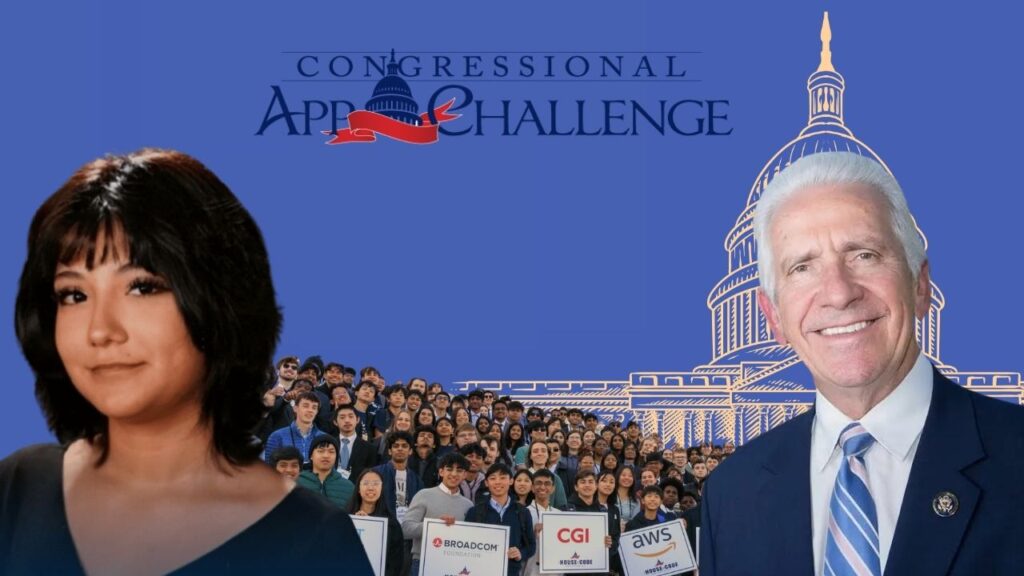
Selma High School Student Wins Congressional App Challenge



